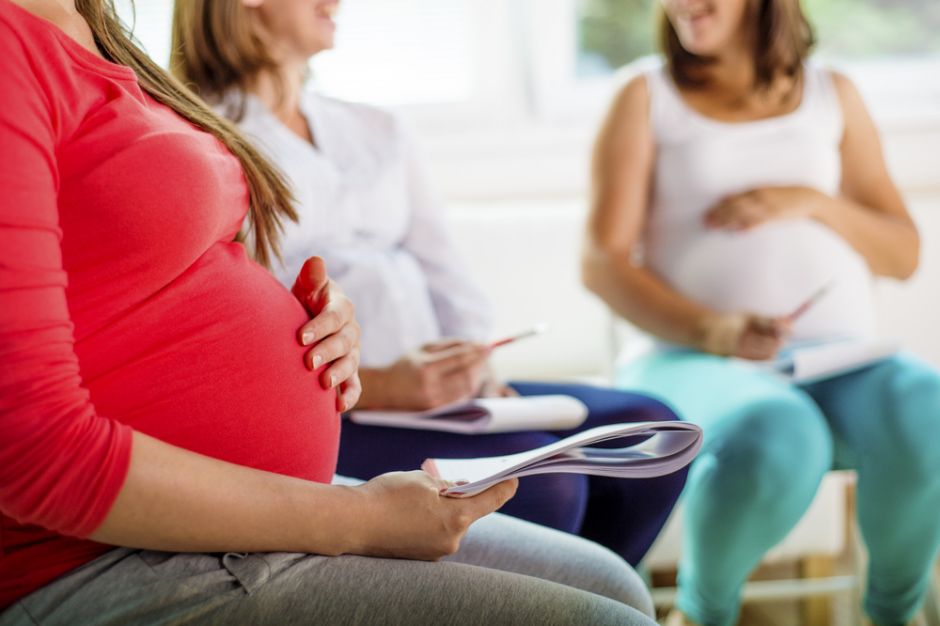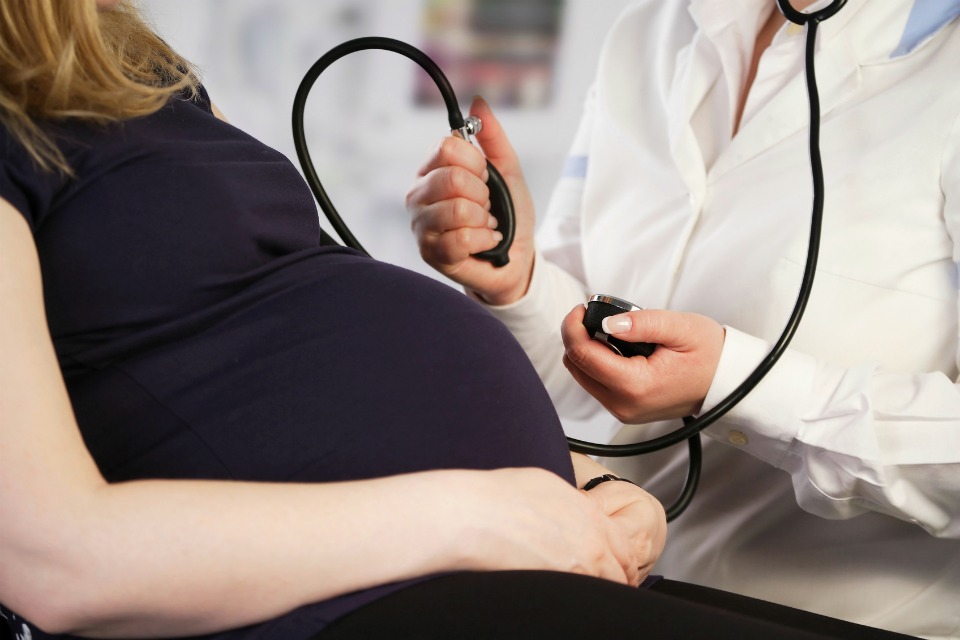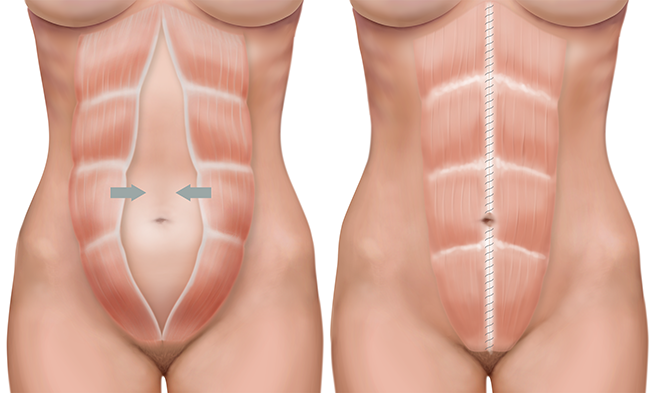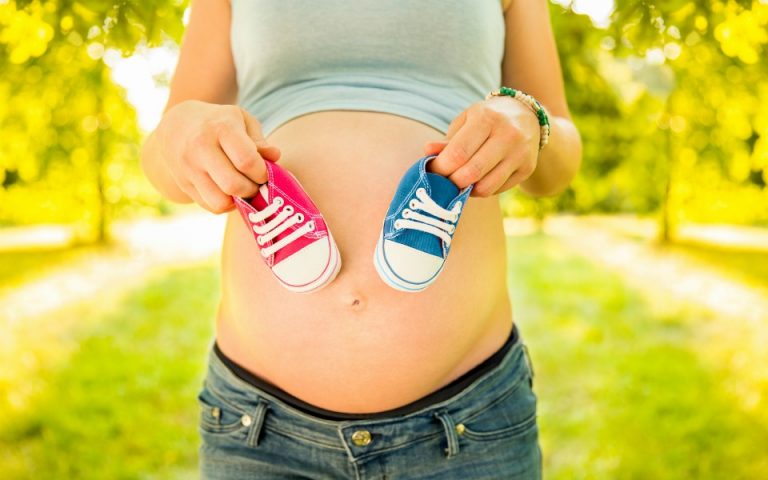Mums who fall pregnant via IVF are 50% more likely to have gestational diabetes, claims study
Expectant women who fall pregnant through IVF may have some pregnancy-related issues.
A new study found that these mums are more likely to suffer from gestational diabetes or pre-eclampsia.

Women who fall pregnant via IVF are 50% more likely to have gestational diabetes
Experts at the Aristotle University of Thessaloniki in Greece reviewed 38 previous studies involving nearly two million women.
They found of the the rate of gestational diabetes was 53% higher in the groups that had conceived via IVF.

Scientists aren’t clear why this happens, it could be down to the surge of hormones in fertility treatment or the conditions of having the medical procedure.
Dr. Panagiotis Anagnostis, who led the study, said: “Pregnancies achieved by IVF are linked with an increased risk of gestational diabetes, compared with pregnancies conceived naturally.
“The exact mechanism is unclear, and whether this risk is due to the medical intervention or the underlying infertility status of the couples undergoing assisted reproduction, is not yet fully understood and requires further research.”
Women who conceive via IVF are also at risk of developing pre-eclampsia

Meanwhile, Dr. Adam Watkins, a professor at the University of Nottingham, claims that IVF is also linked to babies with low-birth weight and pre-eclampsia.
“Some people have speculated that as women undergoing IVF tend to be older and have a higher prevalence of conditions such as polycystic ovarian syndrome (PCOS) than women who conceive naturally, this may be part of the underlying cause,” he told the Daily Mail.
What is gestational diabetes?

Gestational Diabetes is when your body can’t cope with the extra demand for insulin production during pregnancy, resulting in high blood glucose levels.
The condition is monitored by testing blood glucose levels throughout pregnancy and is usually controlled by adopting a healthy eating plan and performing regular physical activity.
After the baby is born (once the placenta leaves the body), gestational diabetes usually disappears. A special test is performed about six weeks after the baby is born to check that blood glucose levels have returned to normal.
What are the signs?
The most common are frequent urination and excessive thirst. Other signs include thrush and tiredness. In saying that, what pregnant woman doesn’t get tired?
It’s something a lot of pregnant woman worry about. However, there are some people who are more at risk of getting it.
Interestingly, it’s not completely unavoidable and despite your best efforts to be healthy, you might still be diagnosed with it.

Risk Factors For Gestational Diabetes:
- Women with a first degree relative with diabetes
- Ethnic groups such as Indigenous Australians, Torres Strait Islanders, Chinese, Middle Eastern and Vietnamese
- Women who are older than 25 years
- Being overweight or obese prior to conception and during pregnancy
- Having polycystic ovarian syndrome (PCOS)
- Gaining a large amount of weight during pregnancy
- Lack of exercise
- A deficiency in vitamin D
Obviously the first two risk factors are unavoidable. However, the remaining ones can be avoided or managed in order to put you in a better health position during pregnancy.
Five ways to lower the risk of getting gestational diabetes
1. Before you get pregnant, it is ideal if you are at a healthy weight.
2. Speak to your health professional to talk about how your PCOS symptoms can be managed.
3. Being mindful not to ‘eat for two’. You should be aiming for quality not quantity.
4. Remember to be active, light exercise is recommended during pregnancy. But don’t push your body too much.
5. Replenish your vitamin D levels buy getting some sunlight or talk to your doctor about taking supplements.
For more information on gestational diabetes visit the Diabetes Australia website here.
What is pre-eclampsia?

One of the three leading causes of death in pregnancy, pre-eclampsia can occur during pregnancy, or straight after birth. High blood pressure, fluid retention and protein in the urine are all indicators of pre-eclampsia, and the condition can appear very quickly.
If it isn’t picked up or treated it can cause a stroke, and unborn babies can suffer growth problems, be born prematurely or be stillborn.
10 fascinating facts you must know about IVF
This couple put IVF on their wedding gift list – and now have triplets!
Have you tried our Healthy Mummy Pregnancy Smoothie?

The Healthy Mummy Pregnancy Smoothie is a convenient and easy supplementary food, designed to complement your existing pregnancy vitamins or supplements, to help you meet the extra protein, vitamin and mineral requirements during your pregnancy.
Please read below for all the information on the smoothie – you can also see the FAQ on the smoothie here.
The pregnancy smoothie is also free of all chemicals, fillers and artificial ingredients, has no fructose in, no added sugar and uses high quality dairy protein sourced from grass fed cows in New Zealand.
Purchase your Healthy Mummy Pregnancy Smoothie here.









